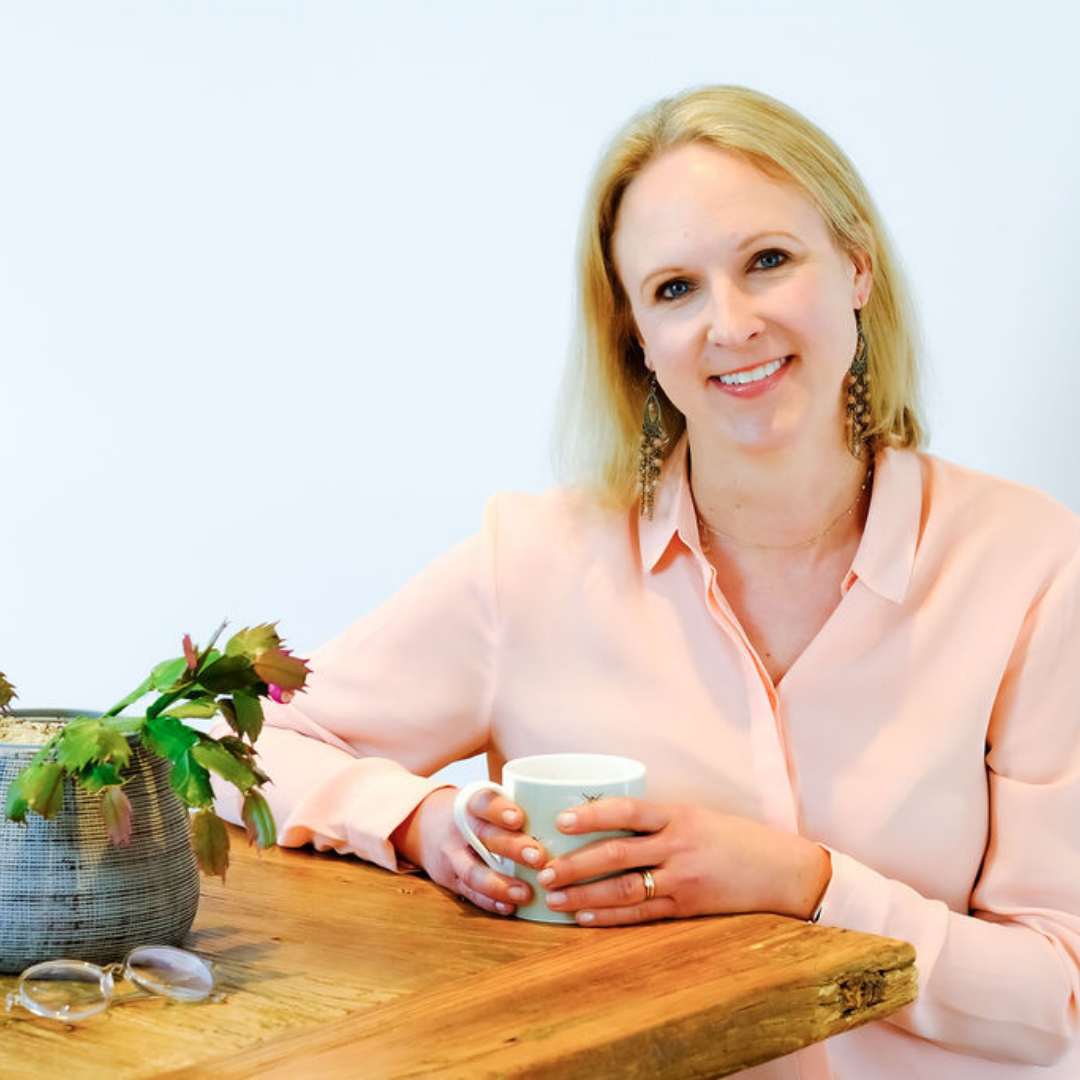Phoning Major Donors

Have you ever felt nervous about phoning donors? You psych yourself up, pick up your mobile, and you call that major donor or potential major donor…
..Then it goes to voicemail 😂
Or they do pick up but they sound short, clipped, and curt 😢
You finish the call feeling demoralized and think maybe email is the better way to go. After all, who wants to be phoned out of the blue? You certainly don’t.
But phone conversations can be transformational for relationships! They are a vital part of successful major donor fundraising. The fundraisers I support who use the phone effectively build stronger relationships, raise more, and have more energy and pride in their roles.
Thank you for your session the other week, which helped me realise the value of phone calls over emails for building rapport. I’m now convinced the phone is better for establishing connections (which I was hoping wasn’t the case so I could hide behind my keyboard!). Our session changed my perspective – it’s been amazing how much I’ve learnt in one call versus what would have been ignored in an email.”
A fundraiser I’ve been coaching on the Major Donor Fundraising From Scratch programme
However, it’s not always easy to do! So here are some tips and perspectives that will hopefully build your confidence to make more calls and help you to do it more.

One of the things that helped me in my fundraising roles, and that has helped many fundraisers I’ve worked with, is to call without trying to get anything back. To call for nothing more than to make a supporter feel valued. Yes, they might be wealthy, but you’re not calling asking for money, and if you take that out of the equation, it becomes a lot less pressurised, and more genuine.
✅ Call to thank and show you care: Even if they’re not giving at the major donor level! A major gift is normally the 3rd, 4th, 5th, or more time someone has given to your charity. A thank you call is a great way to start that connection.
Maybe they’ve been giving now for 5 years – thank them.
❔ Do they even realise that?
❔ How would they feel if they did?
❔ What is a short story that you could tell on the phone to highlight what their support is doing?
✅ It’s a conversation not a pitch: Be curious like you would in conversation with anyone. If they’ve been giving for 5 years, what made them first start to donate? If they mention you just caught them before heading to pick up their son, how old is their son?
✅ Focus on giving, not taking: Giving generously to others, rather than feeling we’re taking, puts us in a positive emotional state – in essence, it’s kindness. How do you want your donor to feel at the end of the call? Valued? Pleasantly surprised? Delighted? Proud? Uplifted? Connected? Focus on that feeling rather than what you or your organization needs, and it will lead to a more genuine connection.
It’s ironic that when you take things away from the money, you’re sometimes more likely to raise it!
“Following your email I made the decision to call one of our major donors for a catch up as they were unable to make our event. I had such a lovely conversation with the person and at the end of the call they asked for our bank details! It was all done in a very relational way.”
Coachee and graduate of Major Donor Fundraising from Scratch

Let me take you back in time. I was 22, sat in my open-plan Unilever office, about to pick up the phone to my buyer at Tesco. Yes, physically pick up the handset of a phone, one of those old landline ones with the curly cable. My boys think these phones belong in museums! 😂
Anyway, I. I knew I had to make this call to check if they were taking the new Magnum product and at what price following a meeting we’d had. I’d had oodles of training, and I’d learned so much from hearing my team speak to buyers on the phone.
Yet there were so many blocks in my mind. What if I didn’t say the “right” thing? What if they refused to stock the new Magnum? What if they beat me down on price? What if everyone in the office heard me muck up?

Louise Morris is the Founder of Summit Fundraising. She is a major donor fundraising specialist and has worked with over 200 charities helping them raise large gifts.
Fortunately, I had a supportive manager. That manager could sense my procrastination and did a kind thing, which has also been a lesson for my career.
“Louise, do you want to go and use that empty meeting room to call your buyer?”
“Oh and if you’re feeling a bit nervous, try standing up.”
So, I went into the meeting room. The call was fine. Just fine. But it wasn’t disastrous.
Where and how you make a phone call matters. Slumped on the sofa? That’s not going to work to actively focus on a major donor call, just like sitting at my desk in a busy office wasn’t going to work for me. Changing to be in a different room, alone, where I couldn’t be overheard built my confidence in those early days; eventually I was making calls as easily as the rest of my team, in the main office.
Standing up gave me that extra space to breathe when I was nervous, it rooted me and made me feel more equal with the “scary” buyer I was super anxious about phoning.
If phoning donors is something you want to do more of, and do more effectively, you could have a think about:
✅ Where do you make calls from? Office or at home? If you’re in a team, does it work to make donor calls when you’re in the office together so you can learn from each other? Or do you prefer to do them on home working days? Or in a co-working space where there’s background buzz?
✅ Stand up: See this brilliant Ted Talk by Amy Cuddy, one of the most watched Ted Talks ever, to understand the power of how we sit and stand physically, emotionally, and cognitively. This was first recommended to me by the brilliant fundraising trainer Rob Woods. Thanks, Rob!
✅ What do you do before? I coached a fundraiser who didn’t have confidence calling donors and so wasn’t doing it. We talked about what she did before donor meetings and she started to replicate that. She did a 10-minute walk around the block with her playlist on before her scheduled call times.
What could you do beforehand to feel the most confident you?

Even the most generous and kind-hearted of us has been there. I certainly have!
I’ve picked up a call from a number I don’t recognize. I start to think in that moment “this is probably a “sales” call.” There is a slow start, sometimes a second or two of silence, and then the caller checks my name. “Is that Mrs. Morris? Louise Morris?”
I start to think about the task on my screen that I interrupted by taking the call, or what time it is and when I need to leave to pick up my youngest from school.
Your donors are no different, and unfortunately, they may get a number of charity calls asking for “more” – another donation, or increasing that monthly gift.
So how can you counter the potential pitfalls of calling?
✅ Put yourself in your (potential) donors’ shoes: and try to understand what they might be thinking. And you do not have to have already met someone to “see” things from their perspective. If you can anticipate the objections, you can then plan to overcome them.
✅ Their history with the organisation: Assuming you’ve never met them, check the database and their history. Is this the first time they’ll have ever had a more personal call? Did they meet the CEO last year?
✅ Script your first 20-30 second opener: in a way that sounds like you, is genuine and cuts to the chase:
Why are you calling? Let them know! For example, because you want them to feel valued, as a supporter they’ve been giving for 5 years now, thank you! For example, because they might not have seen the email invitation to an exclusive evening event and you don’t want them to miss out if they want to attend.
“Your tips on having a bit of prepared script with curiosity questions and putting myself in the donor’s shoes were extremely helpful. So I’d just echo all of that to other beginners having now had a go myself.”
✅ Tell them you’re not asking for money: Include very early on in your opener above, that you’re not asking for money! If it fits your sense of humour, you can make a joke about this. This immediately puts a lot of people at ease.

There are nudges and habits that we can build into our days and teams to make phoning donors confidently a regular and successful part of our major donor fundraising. Here are some things, if you’re not doing them already, that might help:
✅ Schedule your calls: When are you most likely to make those calls? A fantastic fundraiser I was coaching recognized that she was most likely to call donors first thing before she opened her email and started the many meetings in her diary. So, she scheduled 0900-0930 in her calendar every Tuesday, Wednesday, and Thursday morning to make 5 calls. The result? She spoke to at least one donor every day.
✅ Recognise the good stuff: I don’t know about you, but most relationships fundraisers didn’t get into the role to sit behind spreadsheets, or respond to masses of instant messages or emails. Speaking to people who care, who have different lives, is one of the most fascinating things about major donor fundraising.
When I ask fundraisers I’m supporting how a call went I will often hear “They were so lovely” or “It was really interesting, I never knew that before.” When I ask them how they felt after the call, it has nearly always given them momentum and energy.
If you can remember or write down your positive call experiences you’re encouraging your brain to want to do it more, rather than fear it and avoid it. And you can make it more enjoyable still but starting off by calling those people who you are most likely to get a very warm response from i.e. that donor who’s been supporting for years and is super enthusiastic. Use these experiences to build your confidence.
✅ Can someone hold you to account with your habits?: Do you have a weekly priorities team meeting where you can declare your focus on calling donors? How many calls per week are you aiming for? Let your team know how you get on in the next team meeting. Can you make these calls as a team and learn from each other? Can you add calls or “meaningful engagements” as a KPI to measure, recognize, and celebrate?
I hope you’ve found this helpful.
If you want to build your confidence in 2024 and raise more, whether major donor fundraising is brand new to you or established, book a chat below and we can discuss the best support.

Louise Morris is the Founder of Summit Fundraising. She is a major donor fundraising specialist and has worked with over 200 charities helping them raise large gifts.
